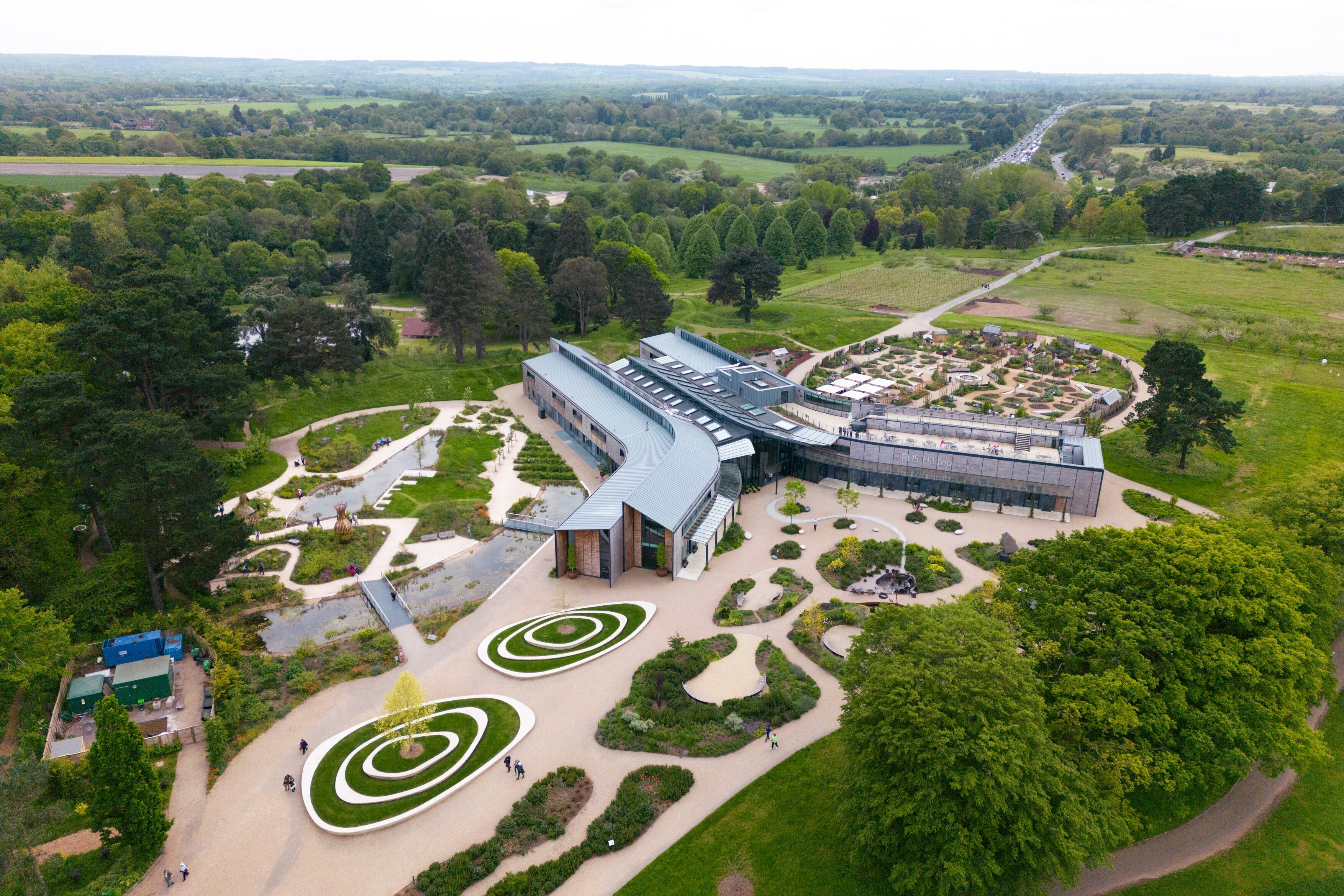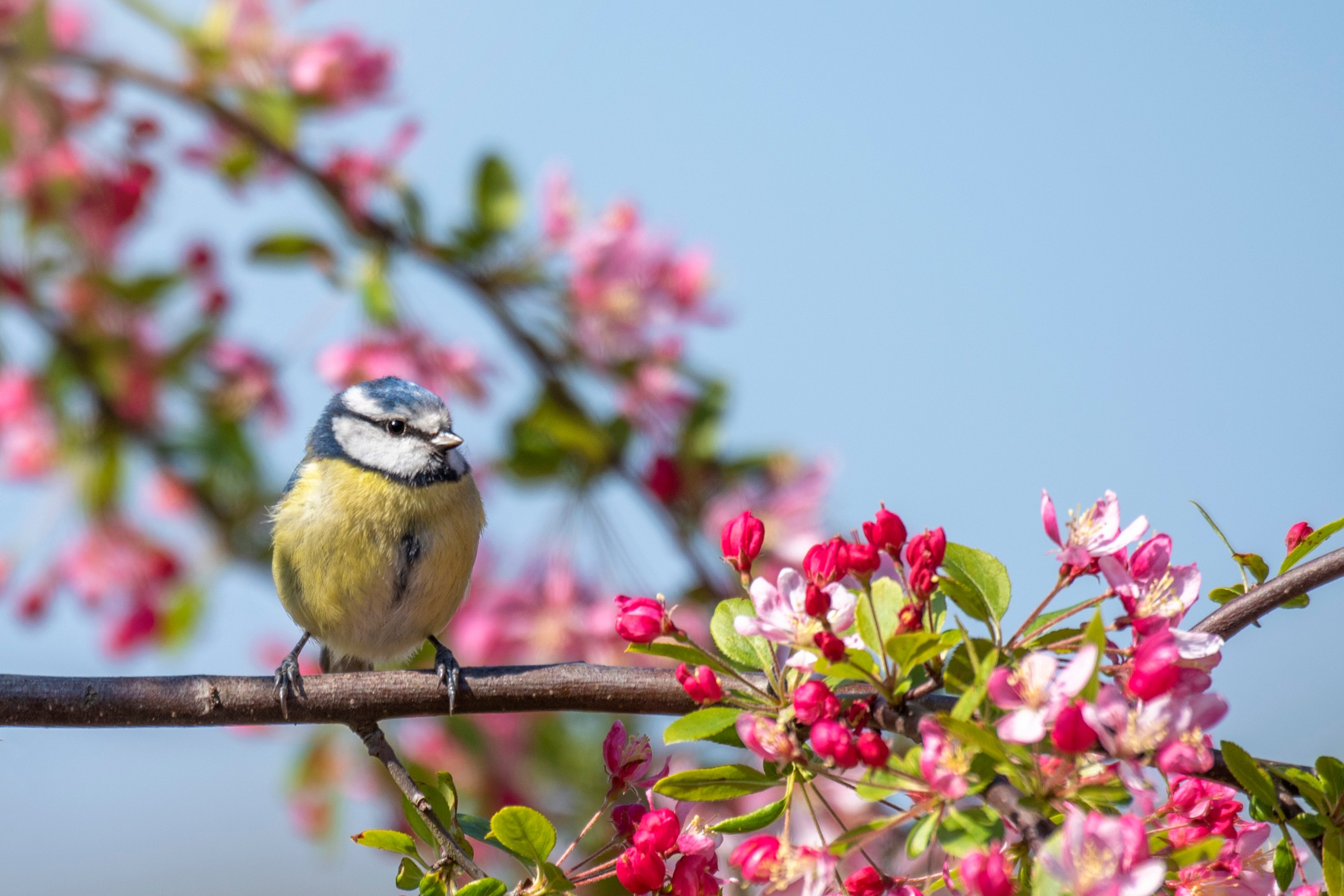We know intuitively that spending time in nature is good for us. Perhaps what is not so obvious is that you need to consciously screen out distractions (including those in your head) and actively focus on nature’s sounds, textures and scents to reap the benefits.
A study conducted at the Royal Horticultural Society (RHS) Wisley’s Wellbeing Garden in Surrey, found that prompting people to actively use their senses to notice wildlife and plants for 20 minutes can significantly improve their wellbeing. Those who didn’t focus were distracted by their own thoughts and by man-made noises from traffic, for example.
The researchers claim the study has implications for garden design. They are urging developers to include sensory-rich green spaces in built-up areas to boost biodiversity and mental health. It also strengthens the case for doctors to prescribe gardening and time in nature, they say.

The Wellbeing Garden at RHS Wisley
RHS
The researchers from the University of Surrey worked in collaboration with the University of Sheffield and the RHS science team. They explored how different types of environmental awareness affect emotional and psychological restoration, with 79 participants randomly assigned to one of three groups: those prompted to notice natural features, those prompted to notice human-made features, and a control group with no prompts.
Participants in the intervention group prompted to focus on nature in the garden for 20 minutes reported significantly higher levels of wellbeing, positive emotions and psychological restoration compared to the other groups. Afterwards, they described feeling calmer, more relaxed and more connected to their surroundings, experiencing slowed breathing, relaxed muscles and reduced stress.
“It is innate common sense that going out and spending time in nature can reduce stress and enhance wellbeing — but there is actually quite limited research to support this,” explains Bethany Harries, a researcher at the University of Surrey and the lead author of the study.
In response to the sensory prompts, participants reported noticing the breeze on their skin, the great variety of the colourful flowers they saw and the peaceful sound of running water. Others reported enjoying touching the bark and leaves of trees, smelling rosemary and lavender and listening to the birdsong.
• Read more expert advice on property, interiors and home improvement

Listening to birdsong can be beneficial for reducing stress and boosting mood
GETTY IMAGES
By contrast, participants who were asked to focus on human-made sounds in the garden reported that it was very difficult to hear birdsong over the noise of distant traffic and often this bothered them. “Even those in the control group, who weren’t asked to focus on anything, reported the noise of the traffic a lot more than those asked to focus on natural sounds,” Harries says.
Yet the noises the participants could hear would have been broadly the same. “They were all in the same garden at the same time,” says Harries. “It’s simply about what they were focusing their attention on.”
Left unprompted and able to pay attention to whatever they wanted, participants in the control group reported “mind-wandering” and “ruminating”. “They were thinking about things they had to do, things at work or personal problems, whereas the intervention group didn’t report any of that,” she says.
The research, published in the journal People and Nature, suggests that public gardens and nature reserves should consider creating trail signs, audio guides and guided walks which continually prompt their visitors to use their senses to focus on the wildlife and plants.
Professor Alistair Griffiths, RHS director of science and co-author of the paper, believes the research will help to strengthen the case for doctors and other health professionals to prescribe more gardening and other activities which involve spending time with plants and wildlife, and to look at deepening the element of noticing nature in such prescriptions.
• How we created a low-maintenance garden after 40 years of hard pruning

The plants at RHS Wisley invite you to pause and connect with nature
RHS
“I still think we’ve got more work to do getting doctors to prescribe getting out and doing gardening … there’s a large proportion of the population that could really benefit from connecting with nature, even if it’s on a balcony or indoors,” he says.
“And I think the research will also help with garden design features because, scientifically, there’s more work to do on what types of green spaces maximise the beneficial mental, physical and social wellbeing aspects of a garden,” he adds.
The RHS is set to launch a blueprint for wellbeing gardens next year. Griffiths says the research will feed into that blueprint, which the charity hopes will be used by housing developers, healthcare settings and gardeners to design sensory-rich green spaces, particularly in built-up areas where they could boost both biodiversity and mental health.
He adds that the RHS is planning to put on more tours of its gardens where experts will invite people to use their senses to connect with the nature around them, as well as including more signs in the gardens which will prompt visitors to appreciate flora and fauna nearby in sensory ways.
“I think a lot of people find it difficult to stop and give themselves time to notice and connect with nature,” he says. “It’s all about bringing yourself into the present, looking at plants, smelling their scents, using all of your senses to completely immerse yourself in nature — and hopefully regain a sense of awe and wonder.”


Comments are closed.